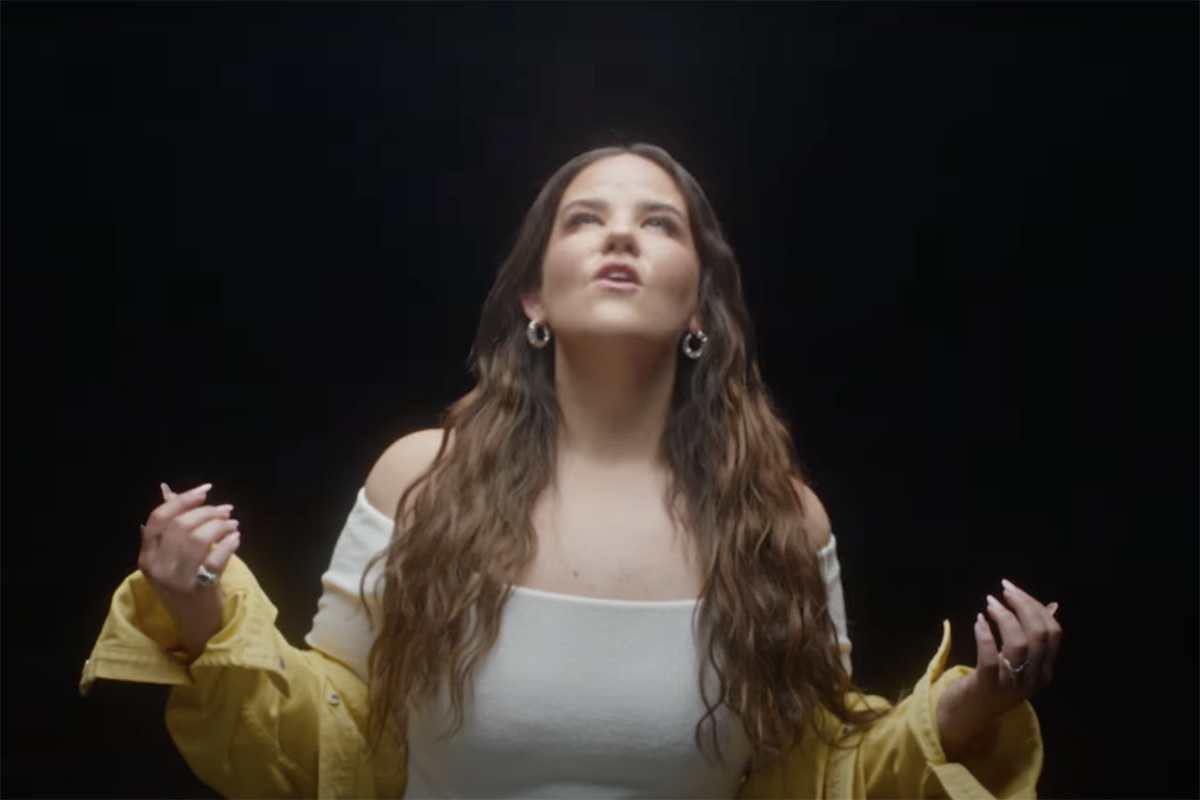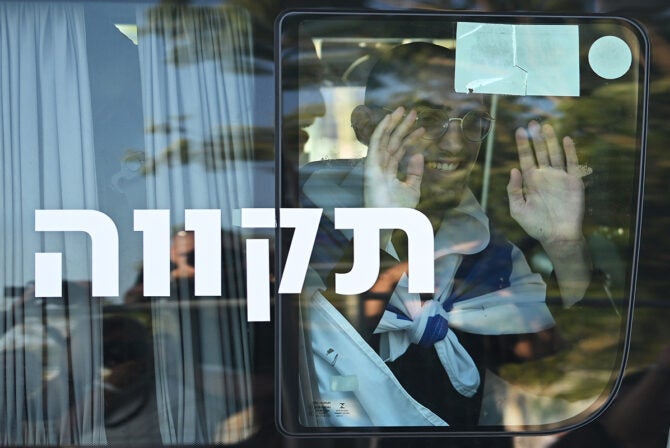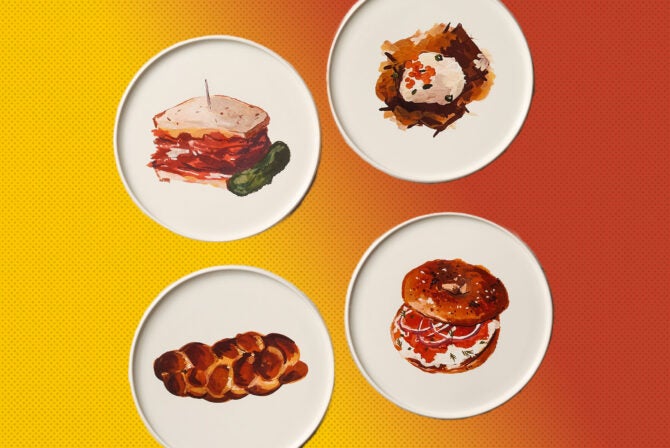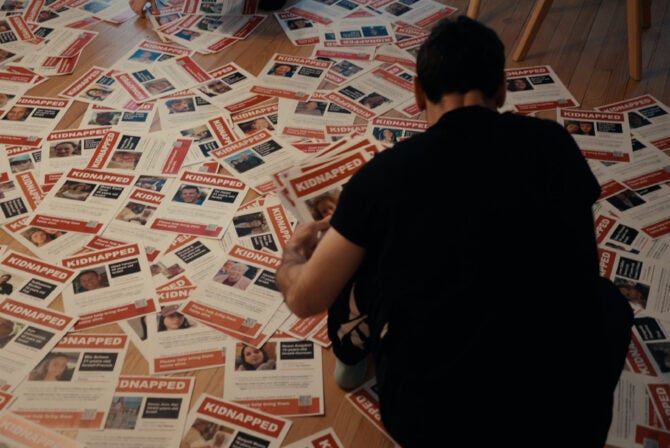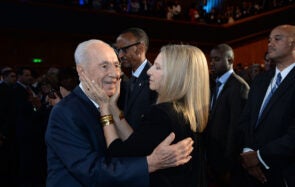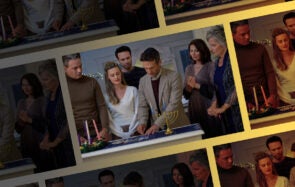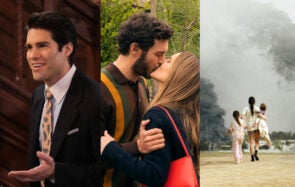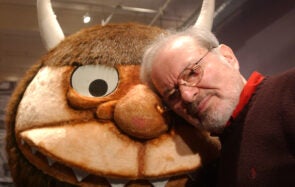In 1983, Ofra Haza sang the song “Chai” — “Alive” — on the Eurovision stage of Germany. The song’s immortal words were written by Ehud Manor, who also wrote the song “I Have No Other Country,” and its rousing melody was written by Avi Toledano.
On the stage of Europe’s most popular song contest in Munich, the iconic Israeli singer wore white, a color associated with Jewish holidays in Israel, and the dancers around her wore yellow, an echo to the color of the patch Jews were made to wear by the Nazis. She went on to win second place. In the days after October 7, I wrote about how much that song means to me, how it is a reminder of our survival, and of the power of our art and music.
Now, 42 years later, on Israel’s 77th Independence Day, another Eurovision icon is covering it: Netta Barzilai. In 2018, Barzilai brought Israel’s fourth win to the Eurovision contest (after Izhar Cohen, Milk and Honey, and Dana International). Barzilai was supposed to take part in Israel’s Independence Day torch-lighting ceremony this year, wearing a white dove dress, but the event was cancelled because of the fires in Jerusalem; the rehearsal of the show aired in its stead.
Barzilai’s cover, created with the Jewish Agency, brings to the song a kind of vulnerability that pulls at the heartstrings, with Barzilai taking its beginning down tempo and singing it softly with that magical voice of hers. In the video, she wears a white shirt, echoing Haza’s outfit from 1983, and a yellow jacket — that color now has an entirely new meaning as the color of the ribbons we use to raise awareness to the plight of the hostages, 59 of whom still remain in Gaza.
Later on, the song also turns rock and roll, as if to remind us that it’s still a defiant anthem about how we survive against all odds. Barzilai is joined by many of those involved in the work of the Jewish Agency, and she embraces and holds hands with Dafna Elyakim, a former hostage who was taken from her home in Nir Oz at age 15 with her sister Ella, age 12 at the time. Her father, Noam, was shot in front of them, and later died from his wounds.
Barzilai’s cover isn’t the only moving reinterpretation of the song in recent years. Back in 2018, the same year she won the Eurovision, 600 Holocaust survivors got together to sing the song in tandem. It’s no coincidence that Israel’s Independence Day takes place as the sun sets on Israel’s somber Memorial Day, when we honor those who we’ve lost but who are still alive — chaim — in us. This song, “Chai,” was, is and will always be a reminder of our most bitter losses and our biggest triumphs, the mixing of which is at the heart of Israel’s Independence Day.
